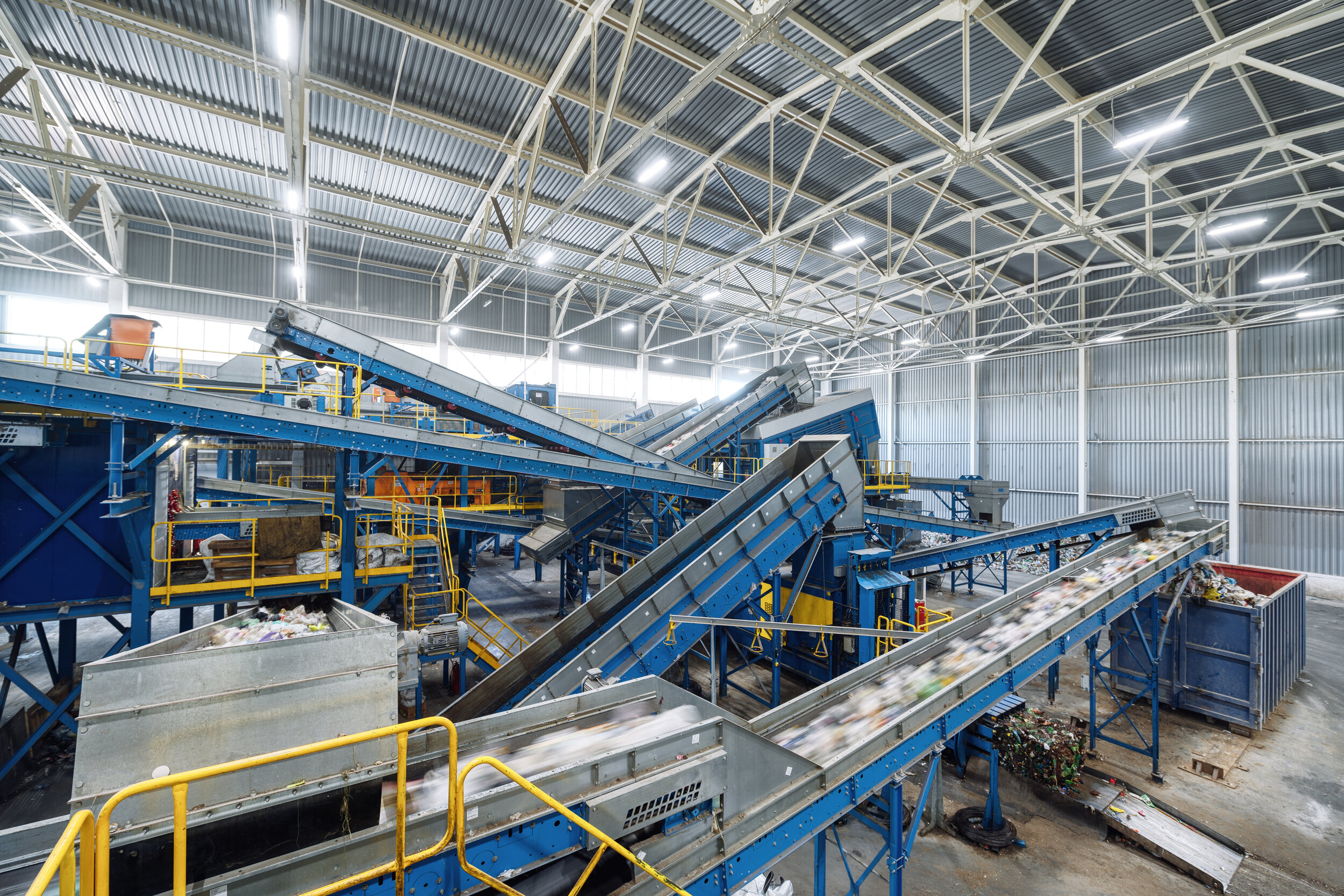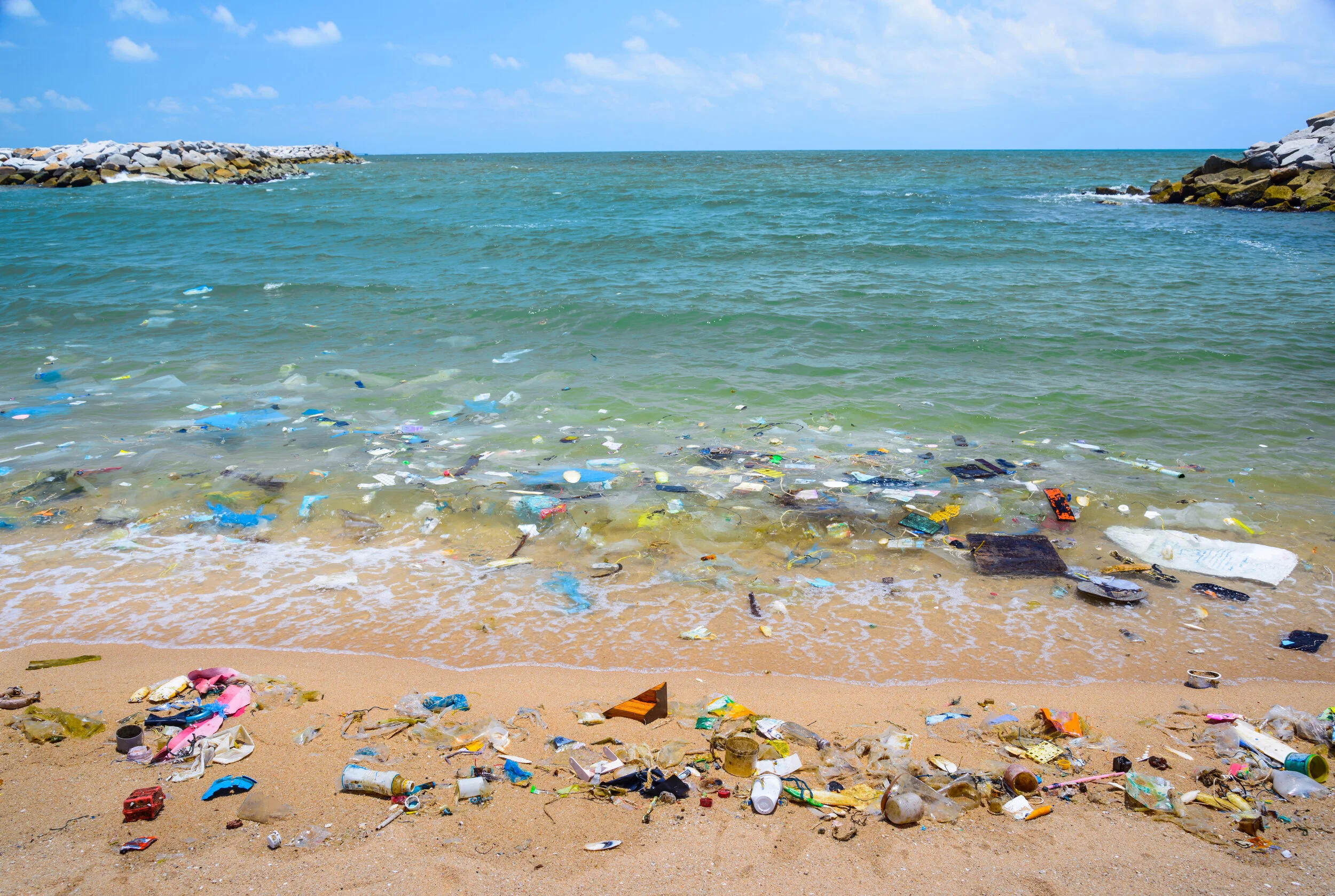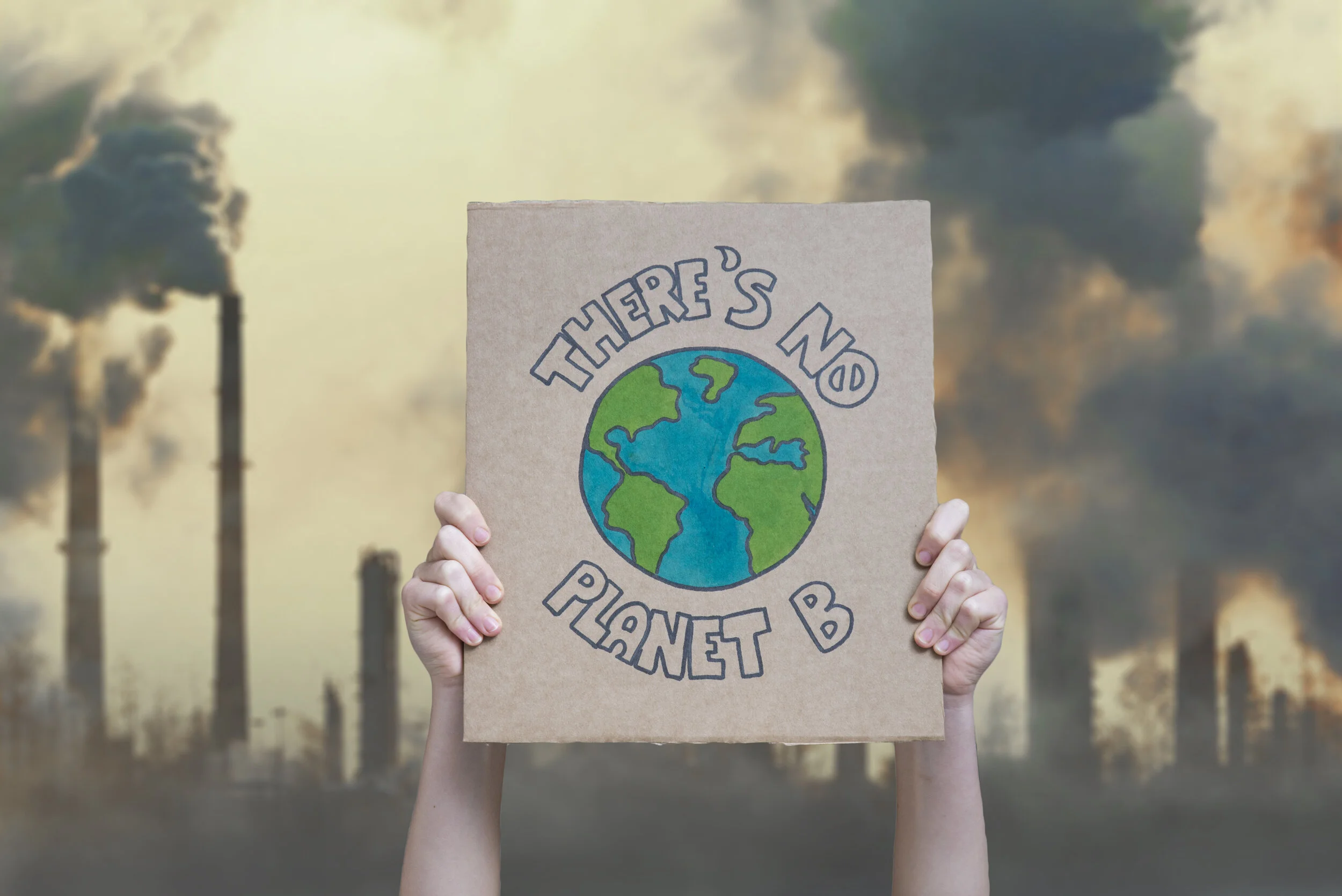
plastics and petrochemicals
reports
The energy sector is facing significant demand reduction for fossil fuel products as the world transitions to cleaner sources of electricity and fuel in response to the climate crisis.
RECENT POSTS
A busy proxy season for As You Sow’s Circular Economy program was highlighted by agreements with Hormel Foods to cut packaging use by 10 million pounds by 2030 and establish a new working group on Extended Producer Responsibility (EPR), and by YUM! Brands, the world’s largest restaurant company, to report on opportunities for switching to permanent reusable packaging.
This proposal asks our Company to evaluate extending our responsibility for our packaging beyond the point of sale and through to the packaging’s end-of-life. Some opportunities to achieve this could include using less plastic, exploring reusable and package-free alternatives, and making sure that the disposable packaging we do use is always collected and recycled.
In an embrace of a post-pollution future, As You Sow’s Waste Program has rebooted itself as the more aptly titled Circular Economy Program – and we couldn’t be more excited!
Without immediate and sustained action, the annual flow of plastic into world oceans could nearly triple from 11 million metric tons to 29 million metric tons by 2040.
The fight against plastic pollution just took an important step forward. We are thrilled to share the news that this week Maine became the first U.S. state to enact legislation forcing producers of packaging waste to pay for the collection and recycling of post-consumer packaging, a concept known as extended producer responsibility (EPR).
Plastic pollution is an international environmental crisis and has become a key issue for governments and citizens. Between 1950-2015, the global production of plastics skyrocketed – generating more than 6.3 billion metric tons of plastic waste.
In the latest episode of As You Sow's new series “As You Talk” on Clubhouse, Conrad MacKerron, senior VP of As You Sow and Marcus Eriksen Ph.D., author of “Junk Raft” and co-founder of Five Gyres Institute, discuss the ecological, social and economic impacts of plastic waste.
The information requested will help investors assess the extent of the company’s exposure to plastic pollution and encourage it to step up and match its peers by committing to significant cuts in plastic use.
To make up for lost demand, Big Oil is allocating significant resources to boost production of petrochemicals – especially plastics. This Hail Mary movement to increase plastics production faces a significant and growing landscape of risks.
As You Sow has released Waste & Opportunity 2020: Searching for Corporate Leadership report analyzing the actions, or inactions, of 50 of the largest U.S. consumer-facing companies to reduce plastic pollution.











